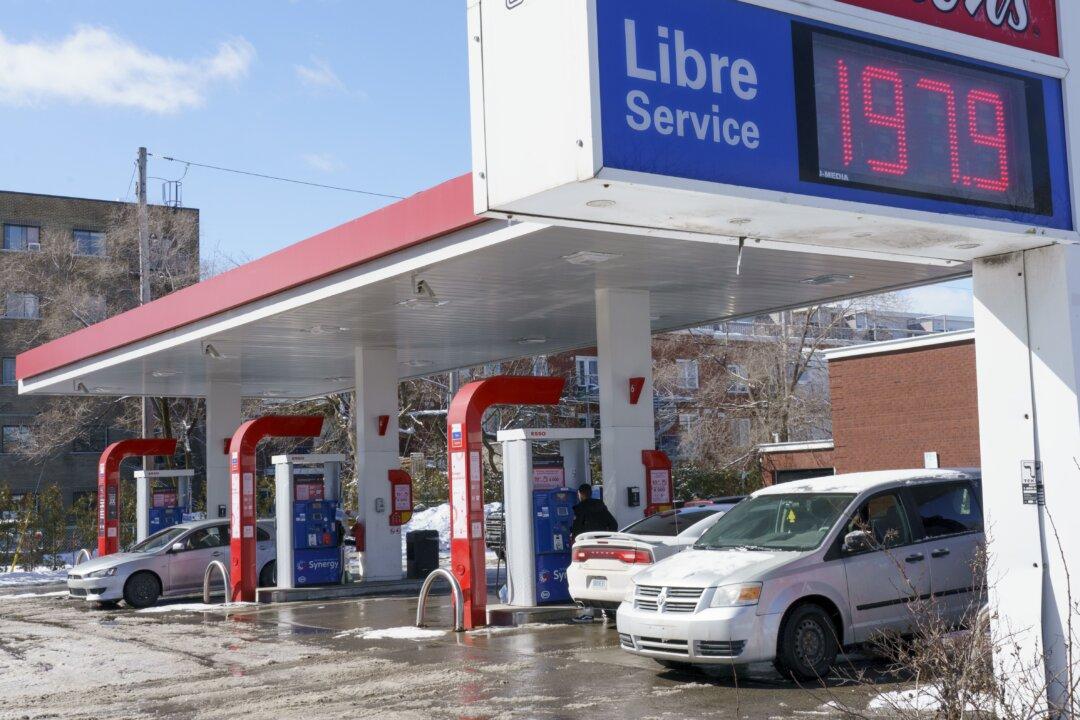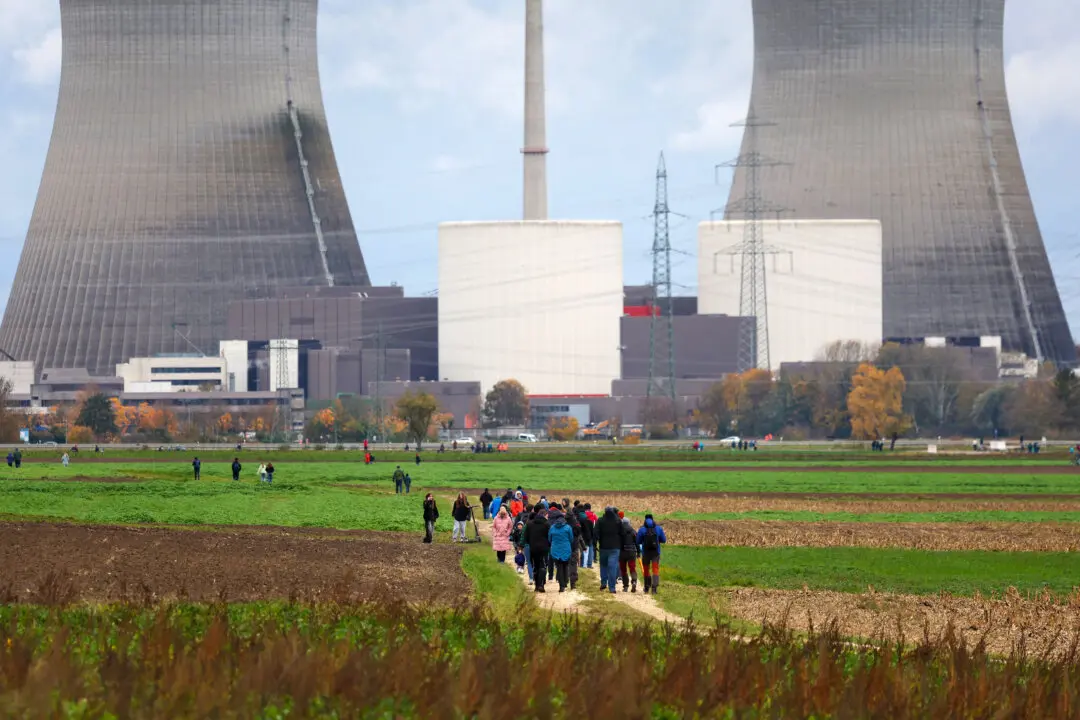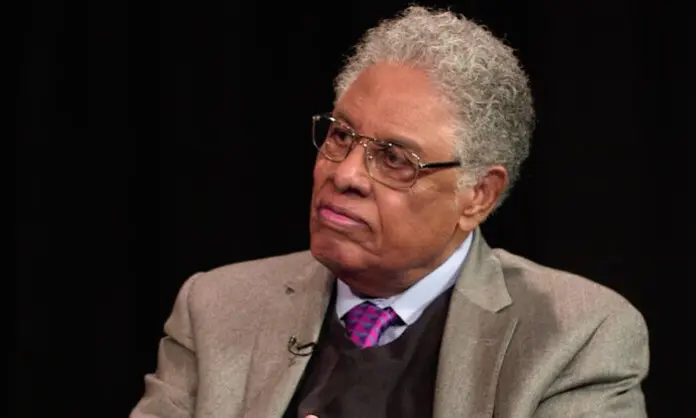Commentary
Oil prices have risen to a staggering US$120 per barrel in the wake of Russia’s invasion of Ukraine. But that’s not a record in real-dollar terms. Inflation-adjusted oil prices reached the same level in 2013, driving a supply response that temporarily lowered prices. World oil demand steadily increased, reaching a record 100 million barrels per day before the COVID collapse.





